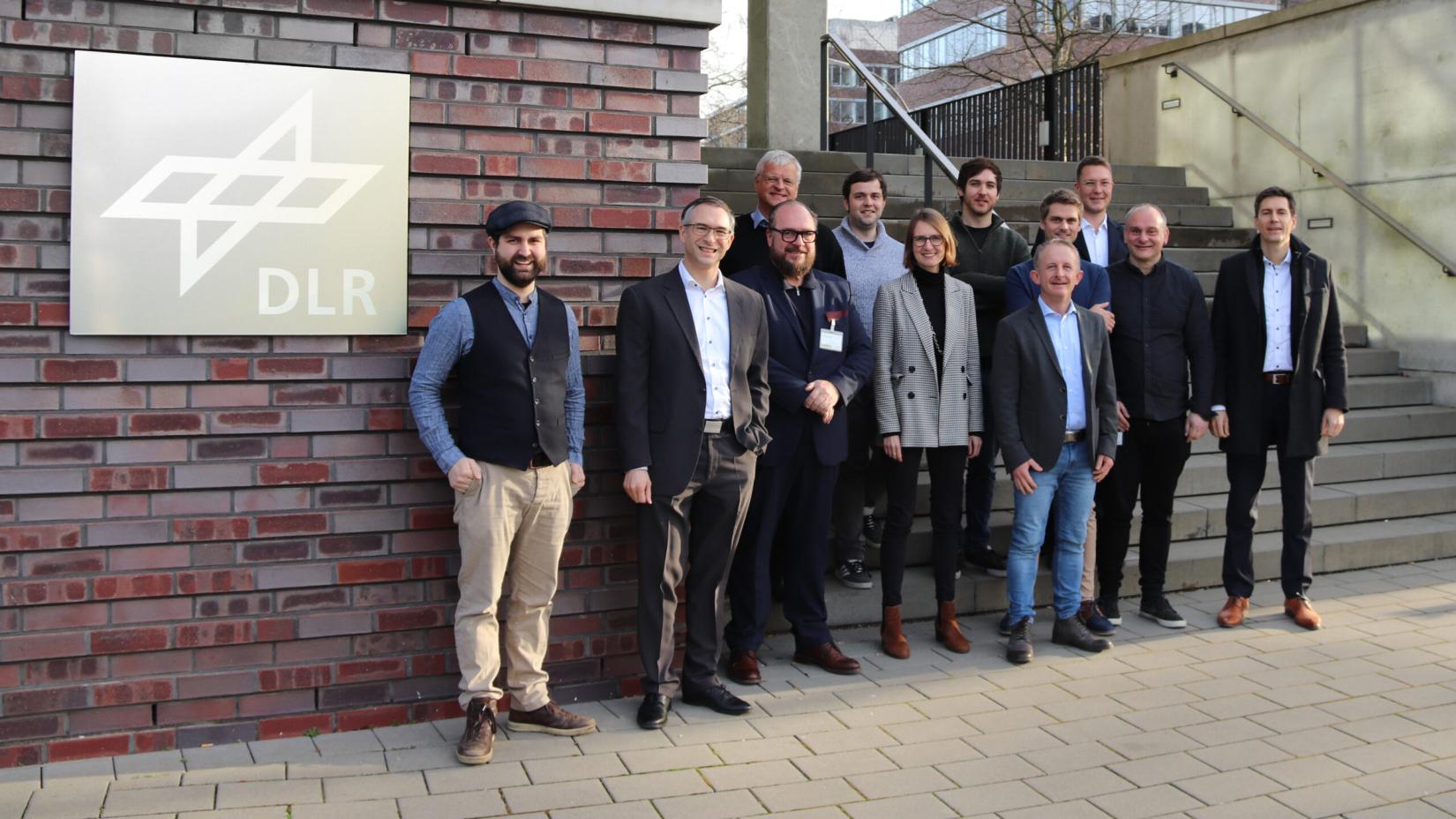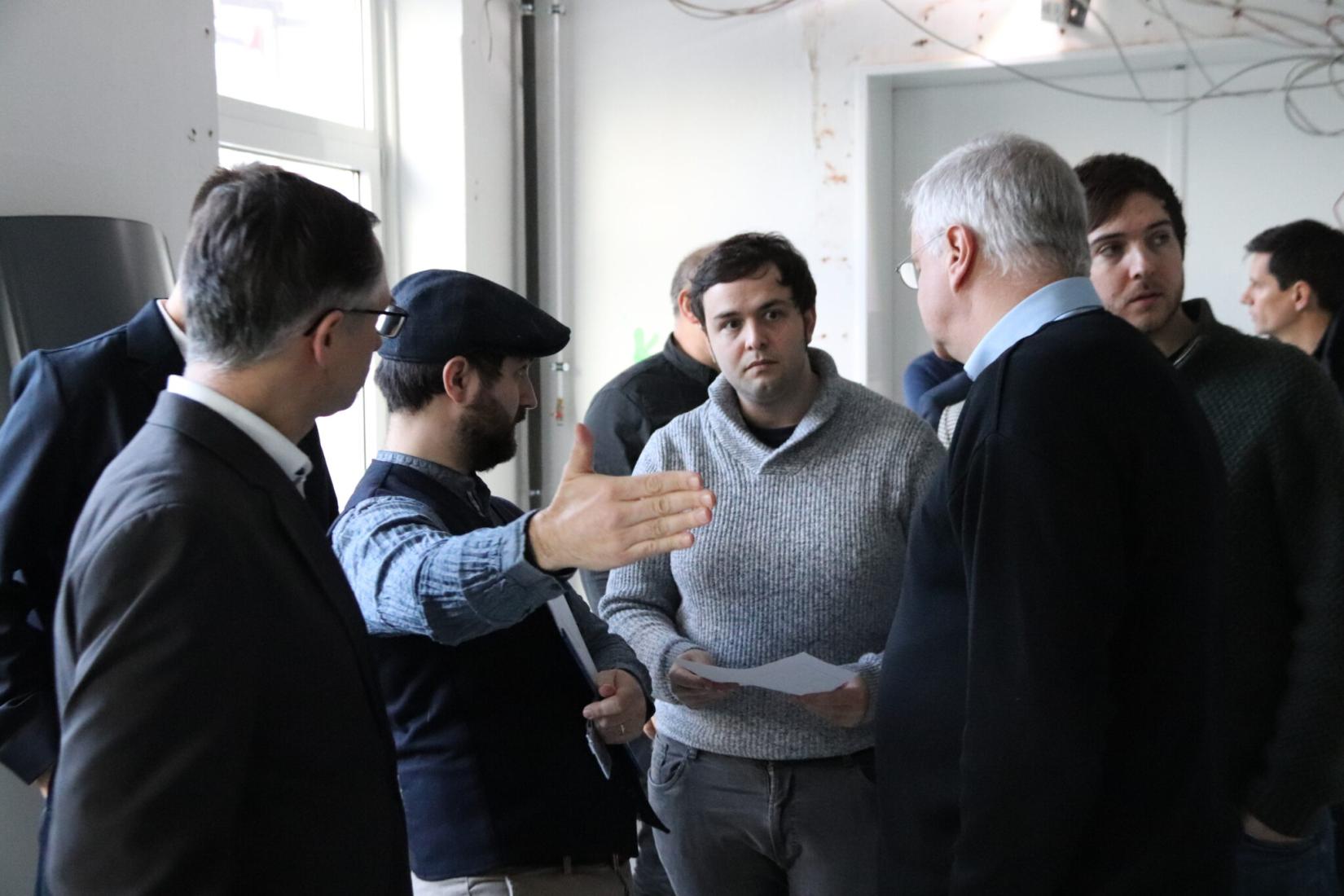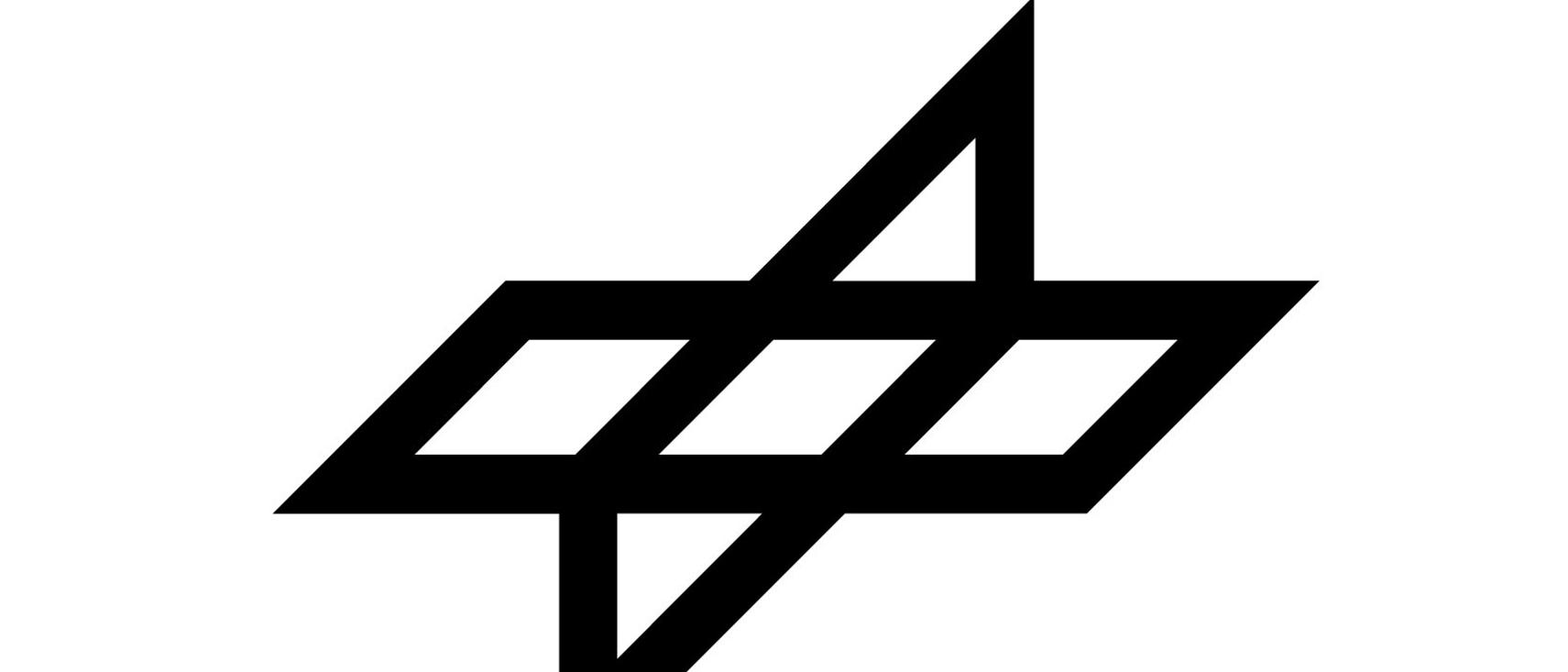Overview
With an investment of €67 million, Universal Quantum is actively delivering two world-first innovations to DLR Quantum Computing Initiative: The first will be a single-chip quantum computer with a sophisticated electronic quantum computer chip. And the second one will be a multi-chip quantum computer that will initially consist of up to 100 qubits.
The basis for both machines will be the most powerful chip ever developed for a quantum computer.
As a core part of the DLR Quantum Computing Initiative, UQ is pioneering the development of user-friendly, reliable, and scalable quantum processors. This cutting-edge quantum processor will leverage ion trap technology, a highly mature and promising approach in the realm of quantum computing.
The DLR Quantum Computing Initiative is supported by the German Federal Ministry of Economic Affairs and Climate Action, on the basis of a decision by the German Bundestag.
Watch Dr. Karla Loida, Strategic Project Lead for DLR QCI, talking about the project and UQ's involvement.
Technology and Design
The quantum computer design is based on a sophisticated module that integrates silicon semiconductor and ion trapping chip technology. The implementation of quantum gates is achieved through the application of voltage to a microchip, allowing efficient and precise quantum computations. A key aspect of this system is active error correction, essential for the long-term viability and accuracy of quantum applications.
Scalability
Scalability is a cornerstone of the DLR QCI project. Our system will be configured to 100 qubits. However, our architecture supports networking multiple modules, enabling the system to scale to several hundred qubits and, eventually, to millions. This modular approach addresses the anticipated future demands for large-scale quantum computing applications.
Technical Innovations
1. Ion Trapping Technology: Our approach uses ion trapping, one of the most mature and reliable methods for quantum computing. This technology supports the need for millions of qubits, crucial for future quantum computing applications.
2. Global Field Technology: Our quantum gates operate on a highly scalable, fully integrated quantum computer microchip module using global field technology. This eliminates the need to increase the number of microwave fields, thereby maintaining a manageable technical superstructure as the number of qubits grows.
3. Thermal Management: Unlike many quantum computers that require cooling to nearly zero, our system operates at approximately 70 Kelvin (-203°C). This mild cooling reduces ion heating and loss, thereby lowering error rates and simplifying thermal management.
4. Modular Design: The core of our quantum computer is a vertically integrated trapped-ion chip with an application-specific integrated circuit (ASIC) and low-noise digital-to-analogue converters (DACs). This design is optimised for efficient ion shuttling and high-precision quantum gates, forming the basis of Universal Quantum’s integrated quantum processing unit (iQPU).


Interconnectivity and UQConnect
To address the challenge of interconnecting multiple quantum computing modules, we developed UQConnect. This technology establishes electric field connections between neighbouring modules, achieving connection speeds significantly faster than other methods while utilising simpler technology.
Experimental Validation
In an experimental demonstration of UQConnect, we achieved a connection rate of 2424 connections per second with a transmission fidelity of 99.999993 percent. This performance is pivotal for fault-tolerant quantum computing and demonstrates the practicality of our approach.
Future Prospect
Our current focus is on developing a fully scalable trapped-ion quantum computer that interconnects four quantum computing modules. Initially, these modules will support at least ten qubits each, with potential scalability to over 25 qubits per module and a networked system with at least 100 qubits. Ultimately, this modular system will be capable of scaling to millions of qubits, paving the way for advanced quantum computing applications for the likes of the DLR.
Conclusion
Our innovative approach to building a scalable, reliable, and user-friendly quantum processor harnesses the potential of ion trap technology and modular design. Through the DLR Quantum Computing Initiative, we are poised to advance the field of quantum computing, addressing key challenges in scalability and interconnectivity and setting the stage for future quantum breakthroughs. Read more about UQ's approach here.
